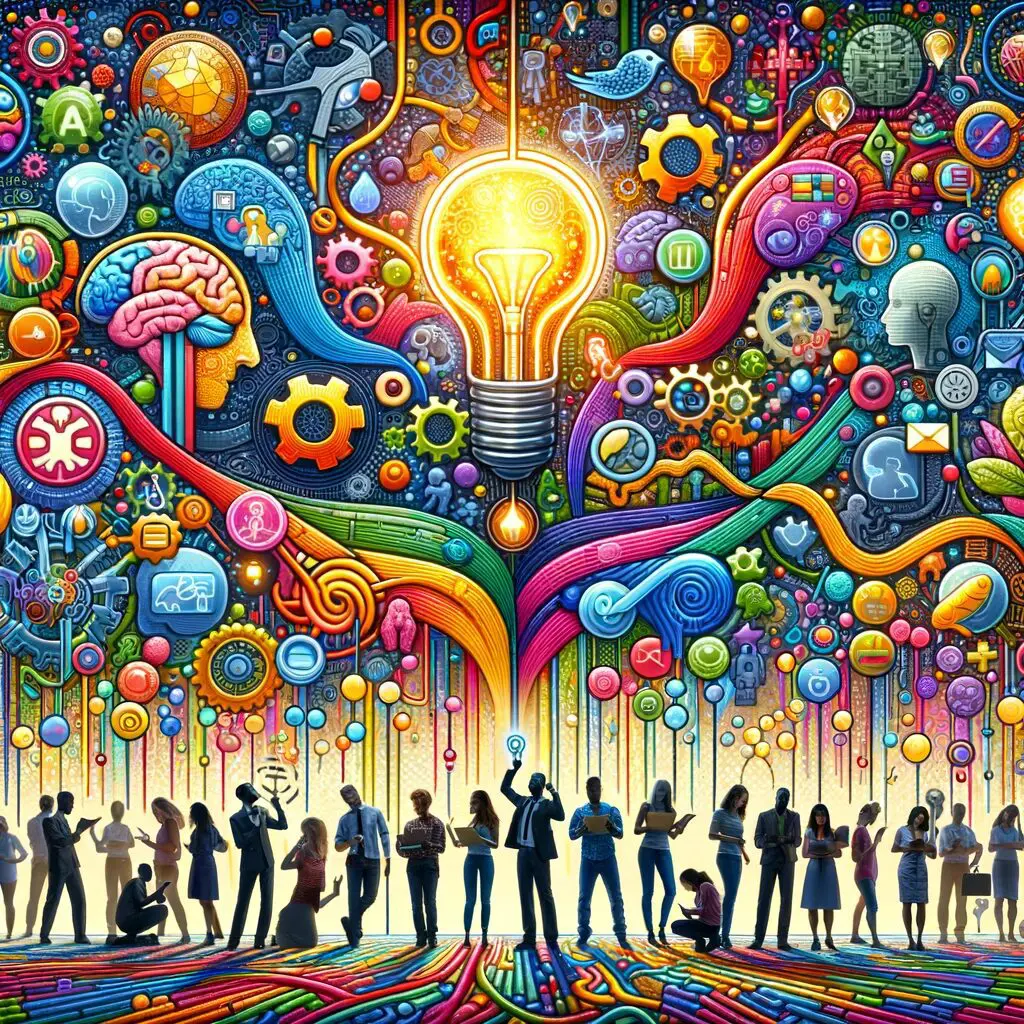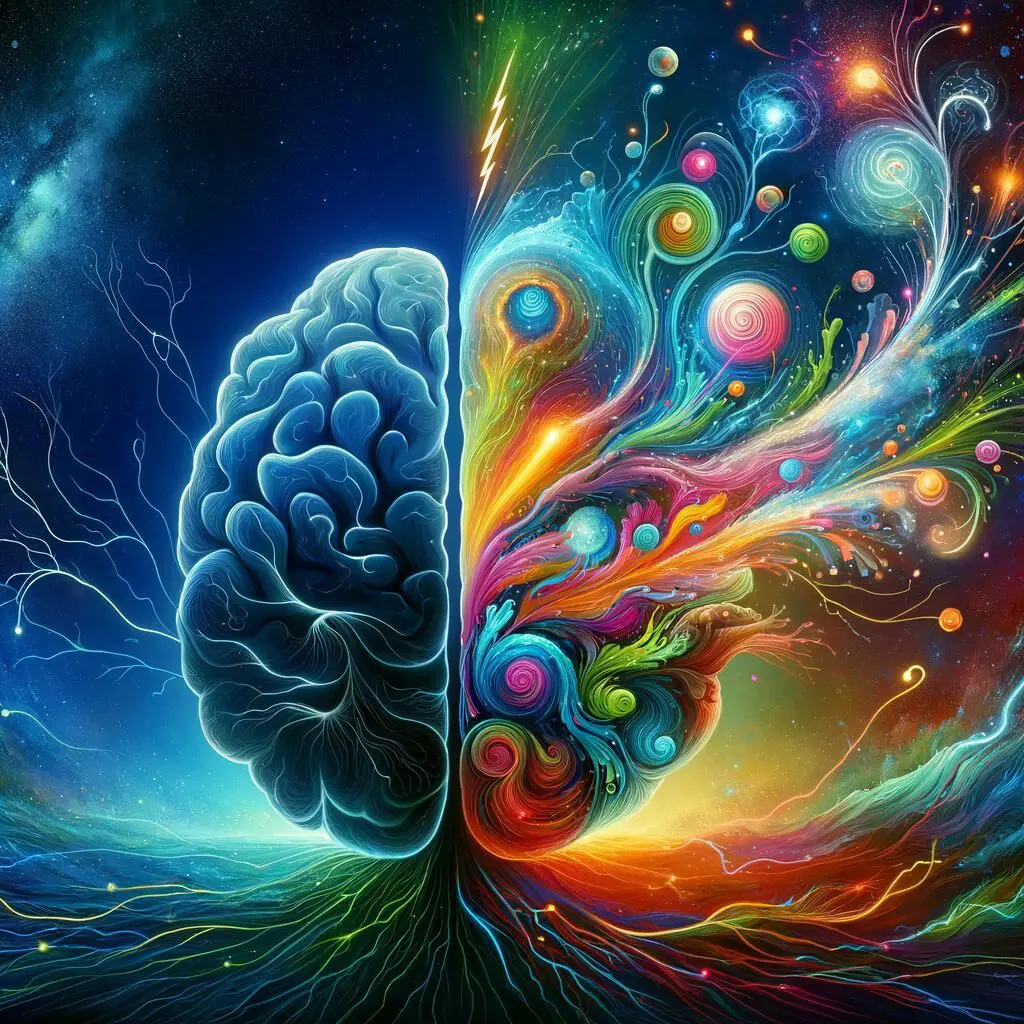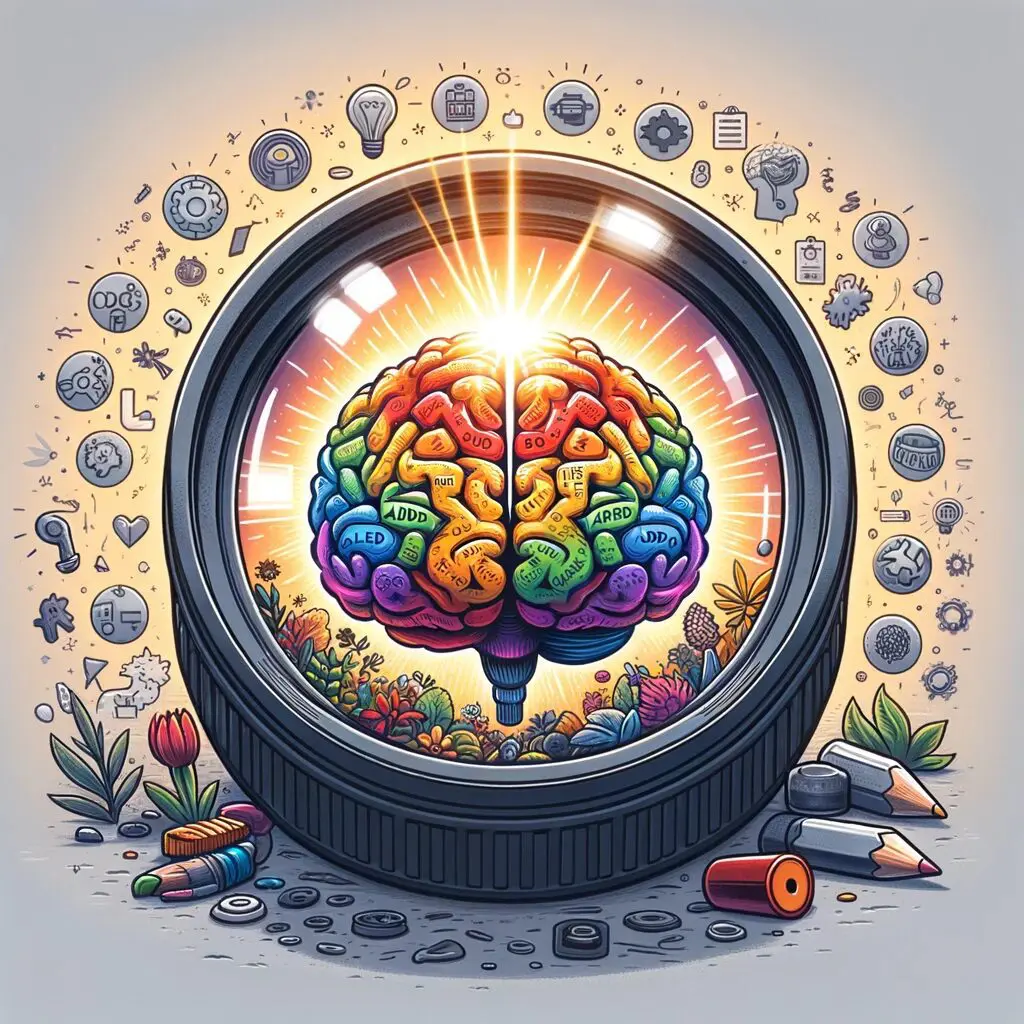ADHD is Not a Flaw
In the intricate tapestry of human cognition, variations abound, each thread contributing to the richness of our collective intellect. Among these variations, Attention Deficit Hyperactivity Disorder (ADHD) often finds itself misunderstood. Often labeled a ‘defect’ in an age that prizes focus and productivity above all else. However, a shift in perspective reveals ADHD not as a flaw. But more as a testament to the mind’s natural evolution, an adaptation to the complex, ever-changing world we navigate.
The Hunter vs. Farmer Hypothesis

The Hunter vs. Farmer hypothesis, offers a compelling framework for understanding ADHD. It suggests that traits associated with ADHD, such as hyperfocus, impulsivity, and a constant need for stimulation, were advantageous in hunter-gatherer societies. Our ancestors, adept at scanning the environment for food and threats, thrived by quickly shifting focus and reacting impulsively, traits that are challenging in today’s structured, agricultural (or farmer) society, but not necessarily “defective.”
A Mind for the Modern Age

Far from a relic of the past, the ADHD mind is arguably tailor-made for the 21st century. In an era where technological advancements and information overload demand rapid adaptation and multitasking capabilities, the ADHD brain excels. Its ability to connect dissimilar ideas, and leap from task to task mirrors the hyperlinked, fast-paced world we live in. Creativity, a hallmark of ADHD, finds its place in innovation-driven fields, from technology to the arts. This suggests that what is often seen as a disorder may in fact be an asset in the right context.
Reframing ADHD: Strengths in Disguise

The narrative surrounding ADHD is ripe for reframing. Learning differences should not be hastily labeled as deficits but understood as variations that carry their own unique strengths. Individuals with ADHD often exhibit remarkable resilience, creativity, and problem-solving skills. Their penchant for risk-taking can lead to groundbreaking discoveries and achievements. By focusing on these strengths and creating environments that allow them to flourish, society can harness the full potential of those with ADHD.
Beyond the Label: Embracing Neurodiversity

Embracing ADHD as part of the broader neurodiversity movement acknowledges the valuable contributions of all brain types to human progress. Neurodiversity champions the idea that neurological differences, like ADHD, autism, and dyslexia are simply variations. in the human genome. This inclusive approach fosters a society where everyone has the opportunity to succeed. Not in spite of their differences, but because of them.
A Closer Look

As we continue to unravel the mysteries of the human mind, it’s clear that ADHD should not be viewed through a lens of deficiency but celebrated as a manifestation of the brain’s remarkable ability to adapt and evolve. By shifting our perspective and building a more inclusive society, we can unlock the potential of every individual, ADHD or otherwise.
In the end, the true measure of our advancement lies not in our ability to conform to a single cognitive standard but in our willingness to embrace and nurture the diverse talents and perspectives that each person brings to the table. ADHD, far from being a “defect,” is a vivid reminder of our shared humanity and the endless possibilities that lie within our differences.

